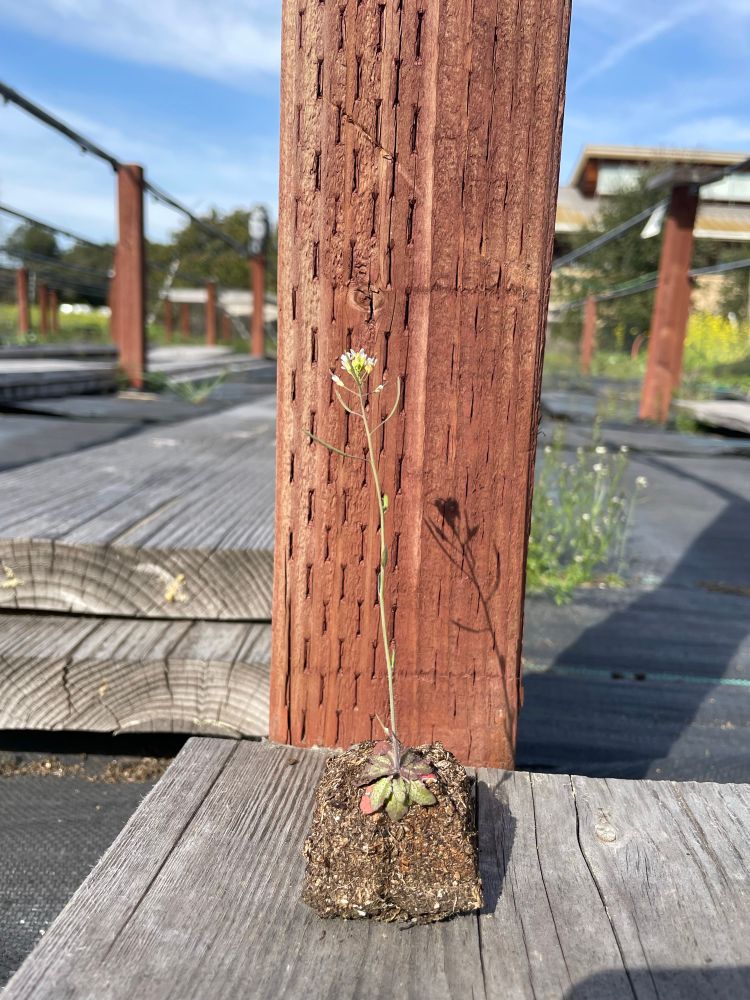
Plant evolutionary ecologist! PhD candidate in Exposito Alonso lab.
Carnegie Institution for Science; Carnegie Department of Plant Biology; Integra (United States); University of California, Davis; University of California, Berkeley • Species Distribution and Climate Change, Ecology and Vegetation Dynamics Studies, Genetic diversity and population structure

doi.org/10.1101/2025...

doi.org/10.1101/2025...

Preprint: www.biorxiv.org/content/10.1...
🧵👇





Preprint: www.biorxiv.org/content/10.1...
🧵👇


Reposted by Laura Leventhal

Dec 1 2025 deadline
Check out the Flyer below for more information on our #MOILAB!
Link to Flyer
docs.google.com/document/d/1...
@ucberkeleyofficial.bsky.social
@hhmi.org
Reposted by Laura Leventhal
Come to our lab University of California, Berkeley Howard Hughes Medical Institute (HHMI)
See ad:
careerspub.universityofcalifornia.edu/psp/ucb/EMPL...
Reposted by Laura Leventhal
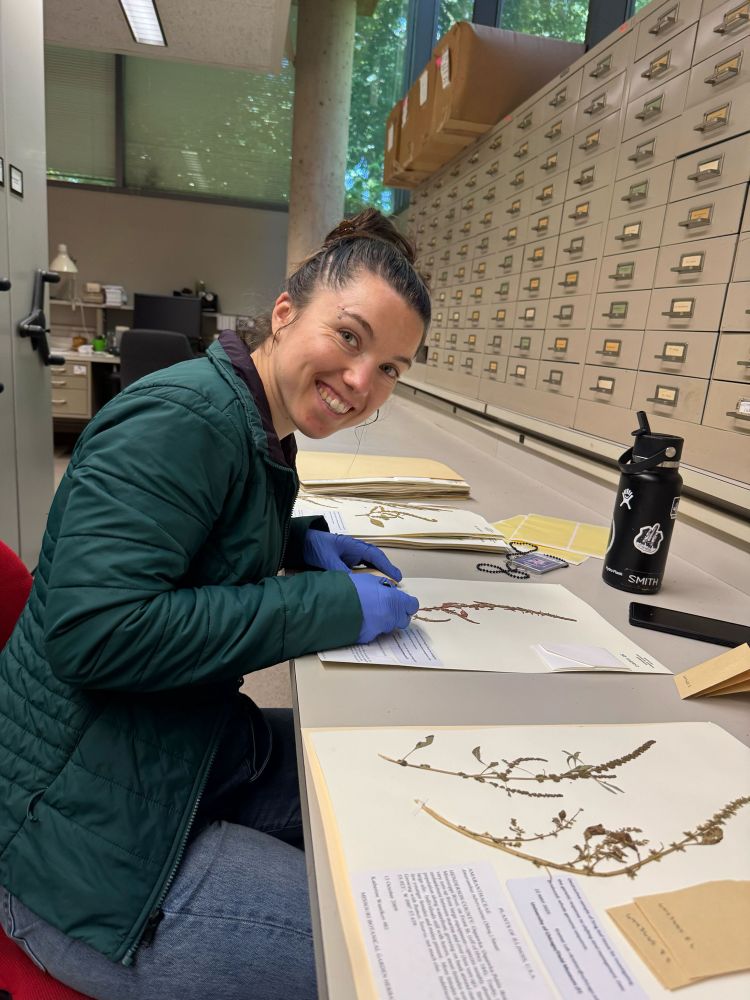

Reposted by Laura Leventhal
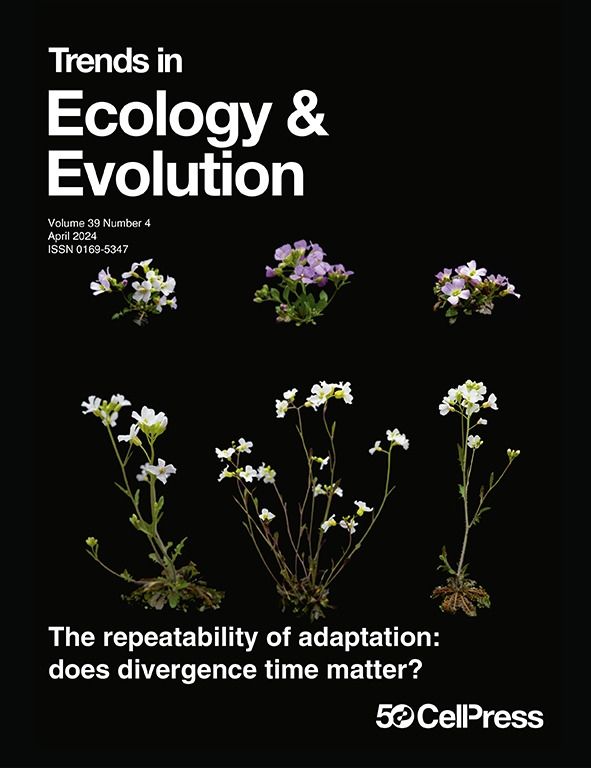
Reposted by Greg M. Walter, Sara Tomiolo, Laura Leventhal
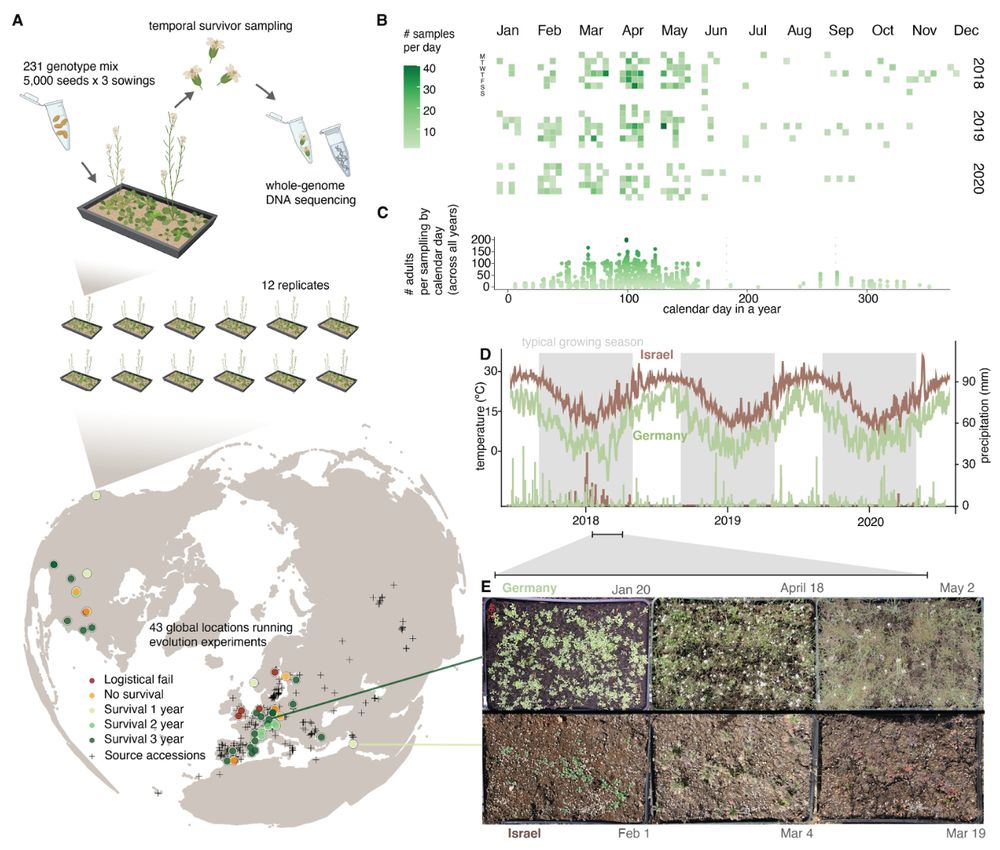
Evolution experiments synchronized across climates to understand rapid adaptation
Preprint: doi.org/10.1101/2025...
All data available: www.grene-net.org/data
#MOILAB
@ucberkeleyofficial.bsky.social
@hhmi.org
🧵👇
Reposted by Laura Leventhal

New #AJB research by Kyle Christie, N. Ivalú Cacho, Jacob Macdonald et al.
doi.org/10.1002/ajb2... #botany #plantscience #biodiversity #Brassicaceae
Reposted by Chhaya M. Werner, Laura Leventhal
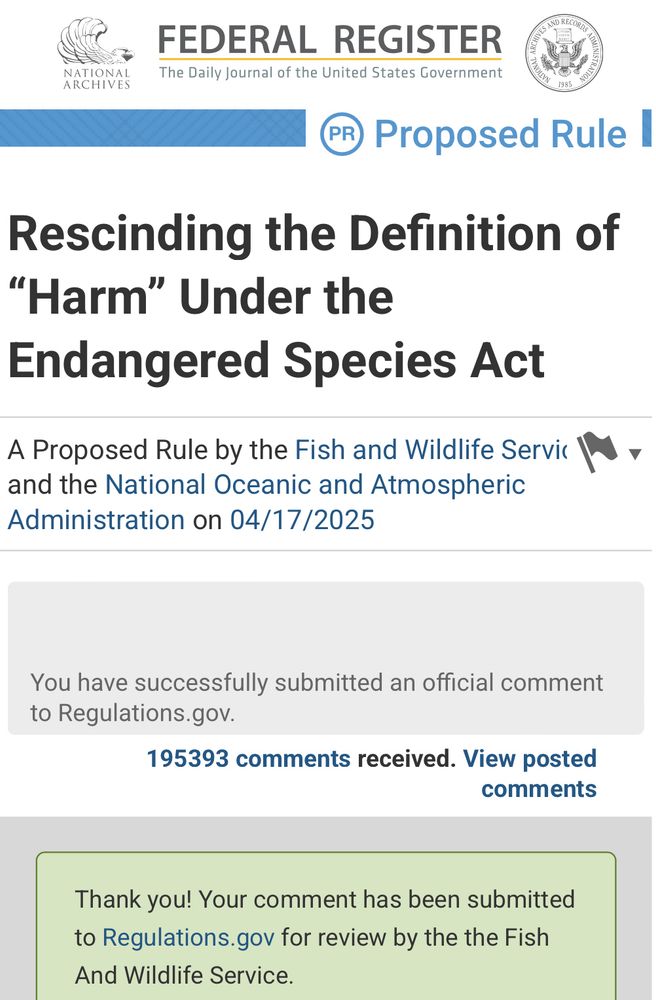

(Matilija poppy or Romneya coulteri)








(peep Castilleja foliolosa, Dipterostemon capitatus, Calochortus albus, and Stachys rigida)
